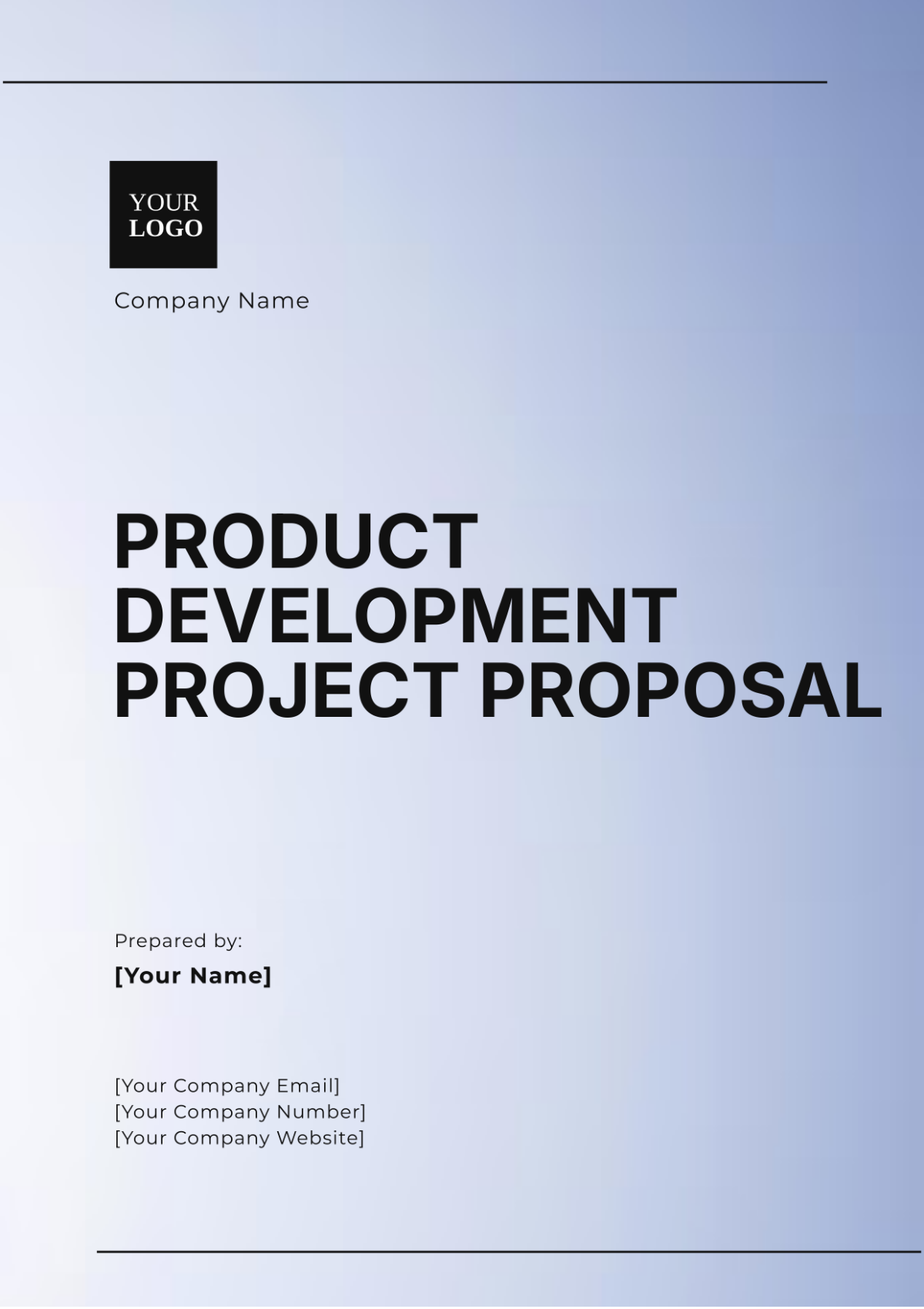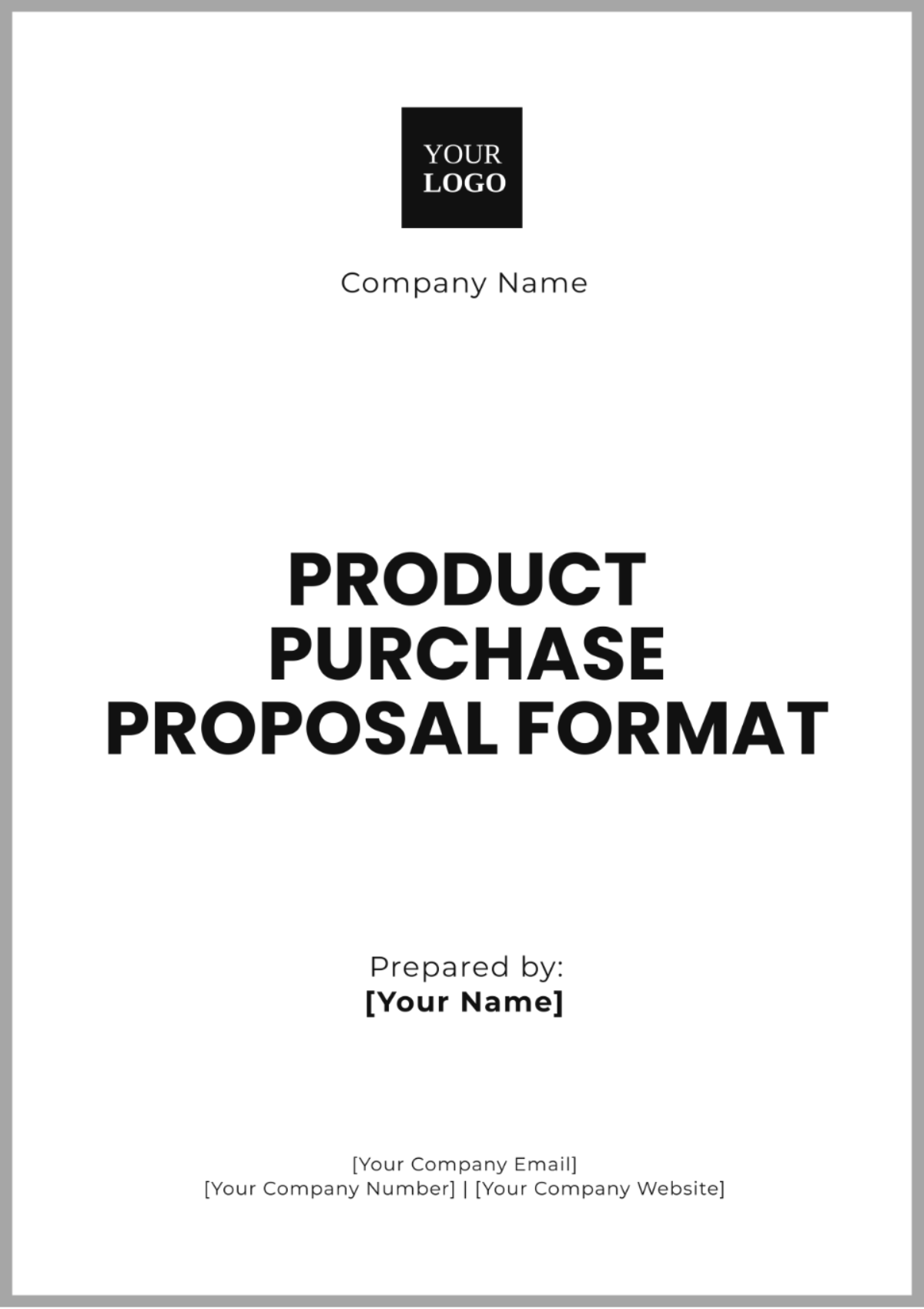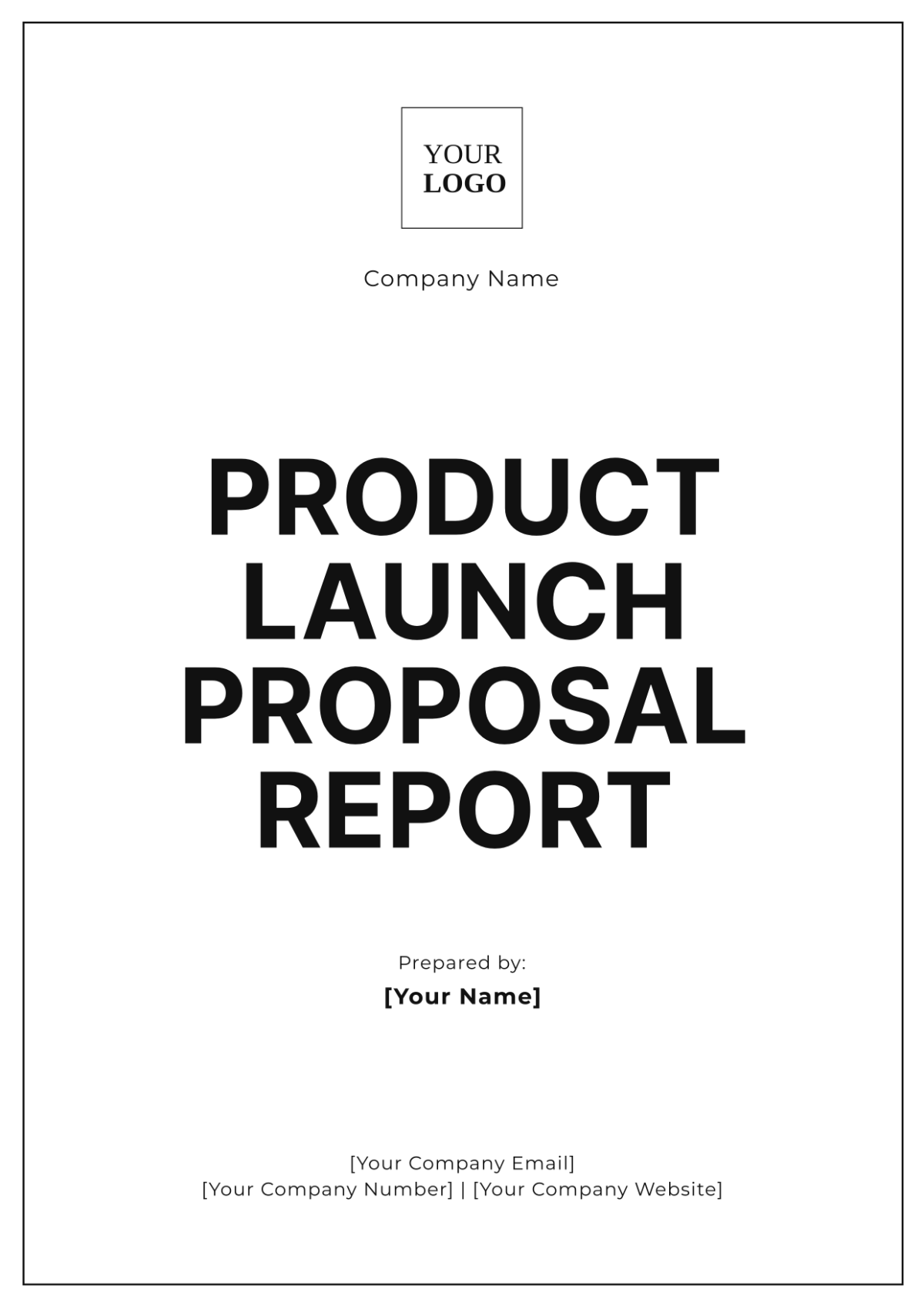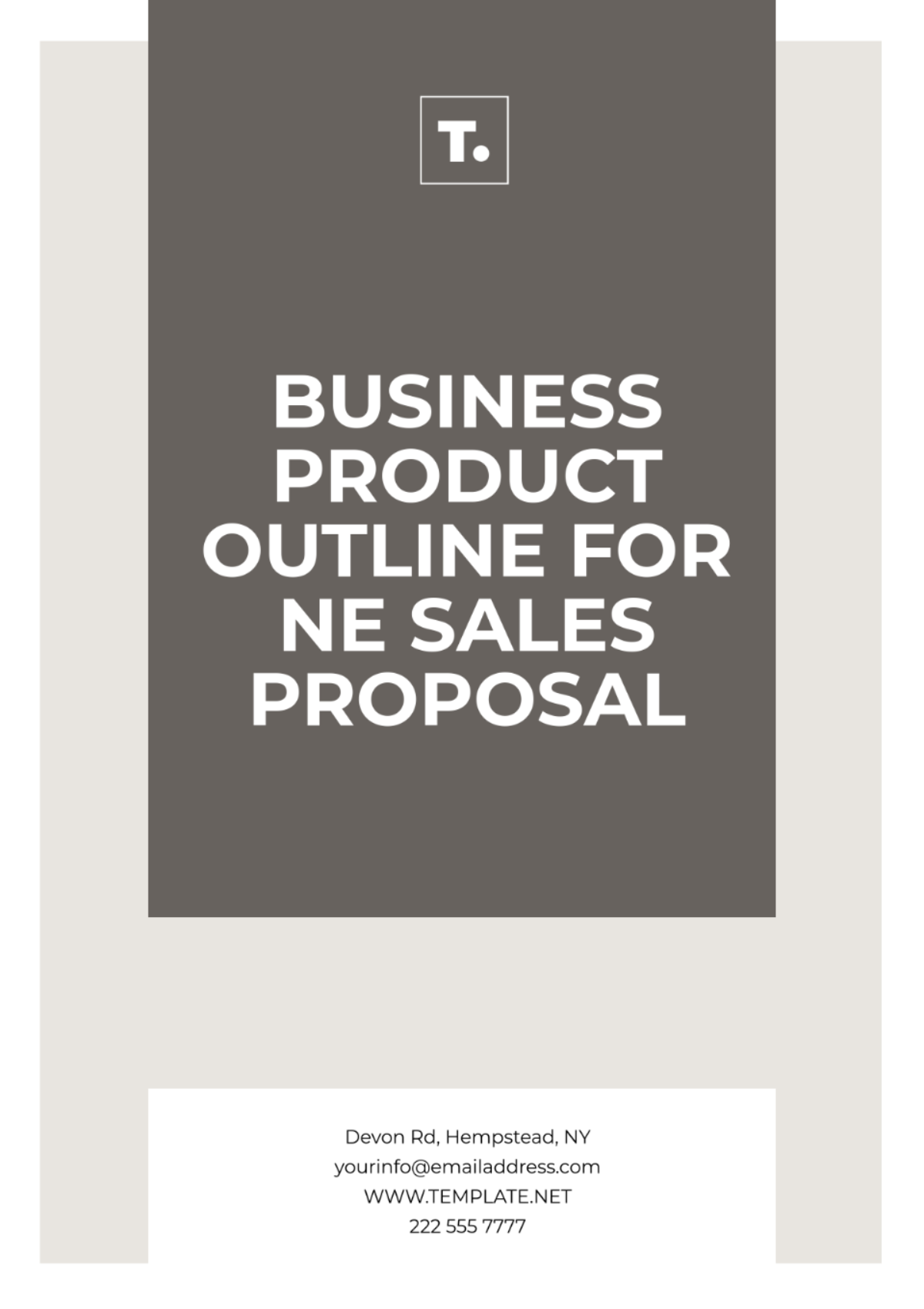Product Development Project Proposal
1. Executive Summary
This proposal outlines a project to develop a revolutionary smart home device, the HomeHub 2050, designed to enhance home automation and energy efficiency. The project aims to integrate AI technology to provide personalized home management solutions, leading to increased market competitiveness and customer satisfaction.
2. Project Background
Introduction: As the demand for smart home technology continues to rise, consumers seek devices that offer seamless integration and intuitive functionality. The HomeHub 2050 aims to fill this gap by providing a comprehensive solution.
Industry Analysis: The global smart home market is projected to reach $174 billion by 2050, driven by trends in energy efficiency and IoT technology. Competitors include established brands like SmartHome Corp and TechNest.
3. Project Objectives
Develop a fully functional prototype of the HomeHub 2050 by March 15, 2051.
Conduct user testing and gather feedback by April 30, 2051.
Launch the HomeHub 2050 to the market by August 1, 2051.
4. Scope of Work
Research and design: Conduct market research and finalize product design specifications (October 1, 2050 - December 31, 2050).
Prototype development: Build and test the prototype (January 1, 2051 - March 15, 2051).
User testing: Collect feedback and make necessary adjustments (March 16, 2051 - April 30, 2051).
Final production: Prepare for mass production and marketing strategy (May 1, 2051 - July 31, 2051).
5. Project Timeline
Phase | Start Date | End Date |
|---|---|---|
Research and Design | October 1, 2050 | December 31, 2050 |
Prototype Development | January 1, 2051 | March 15, 2051 |
User Testing | March 16, 2051 | April 30, 2051 |
Final Production | May 1, 2051 | July 31, 2051 |
Product Launch | August 1, 2051 | August 1, 2051 |
6. Budget and Resources
Total Project Budget: $500,000
Research and Design: $150,000
Prototype Development: $200,000
User Testing: $50,000
Marketing and Production: $100,000
Resources Required:
Personnel: Product Designers, Engineers, Marketing Specialists
Technology: AI Software, Prototyping Equipment
7. Team Composition
Project Manager: Jane Doe, 10 years in product development
Lead Engineer: Tom Brown, expertise in smart technology
UX/UI Designer: Sarah White, background in user experience design
Marketing Specialist: Alex Green, experience in tech product launches
8. Risk Management
Market Risk: Rapid changes in consumer preferences. Mitigation: Conduct continuous market analysis and adapt the product features accordingly.
Technical Risk: Potential integration issues with existing smart home systems. Mitigation: Invest in thorough testing and partnerships with other tech companies.
Budget Overruns: Possible unexpected expenses. Mitigation: Maintain a contingency fund of 10% of the total budget.
9. Conclusion
The HomeHub 2050 project presents a significant opportunity to capture a share of the growing smart home market. By leveraging innovative technology and a dedicated team, we anticipate launching a product that exceeds customer expectations and enhances their quality of life.
10. Appendices
Market research data
Preliminary product sketches
Project risk assessment chart







